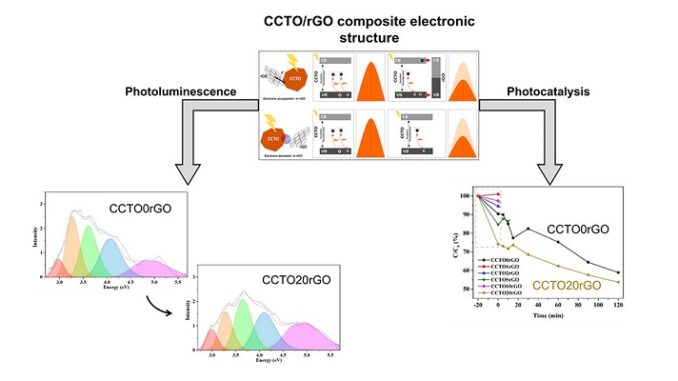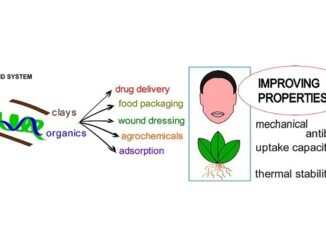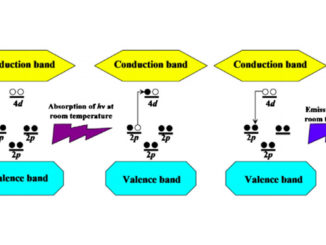
Interface matters: Design of an efficient CaCu3Ti4O12-rGO photocatalyst
Abstract: Different strategies have been investigated to enhance optical properties of semiconductor oxides such as CaCu3Ti4O12, e.g., reduced graphene oxide. This research focuses on photoluminescent and photocatalytic properties of CaCu3Ti4O12-rGO composites. Micrometric CCTO and rGO particles were mixed to obtain composites. (Micro)structure, photoluminescence, and photocatalytic properties were evaluated. CCTO-rGO composites displayed broad PL emission over the visible spectrum, useful for triggering photocatalytic applications (≈ 380–750 nm). A shift in PL towards the violet region compared to pure CCTO along with an associated orange emission decrease may be ascribed to rGO activity as an electron donor/acceptor. Photocatalytic tests under UV light (325 nm) showed that 20%rGO (≈ 25.88%) significantly improved rhodamine B removal/adsorption compared to pure CCTO (≈ 9.64%). Results from this study show that CCTO-rGO composites may be a promising choice for future UV–visible light-driven photocatalytic devices with high adsorption/lower response time promoting sustainability in water purification methods and associated applications.
Author(s): Praxedes, F. M.; Moreno, H.; Simoes, A. Z.; Teixeira, V. C.; Nunes, R. S.; Amoresi, R. A. C.; Ramirez, M. A.
Powder Technology
Published: May 2022, Volume 404, 117478
DOI: https://doi.org/10.1016/j.powtec.2022.117478
CDMF
The CDMF, hosted at the Federal University of São Carlos (UFSCar), is one of the Research, Innovation and Dissemination Centers (RIDC) supported by the São Paulo State Research Support Foundation (Fapesp), and also receives investment from the National Council Scientific and Technological Development (CNPq), from the National Institute of Science and Technology of Materials in Nanotechnology (INCTMN).




